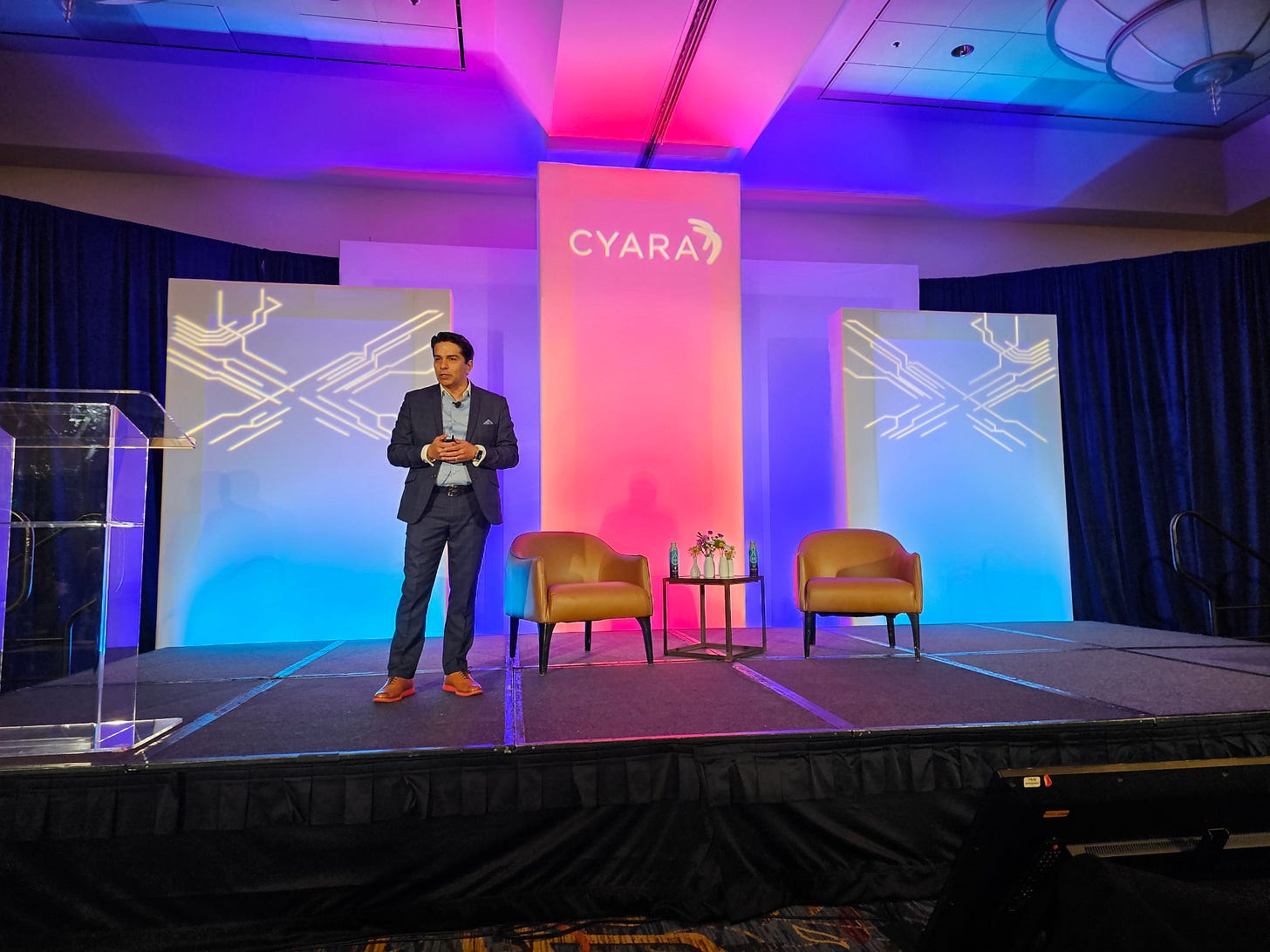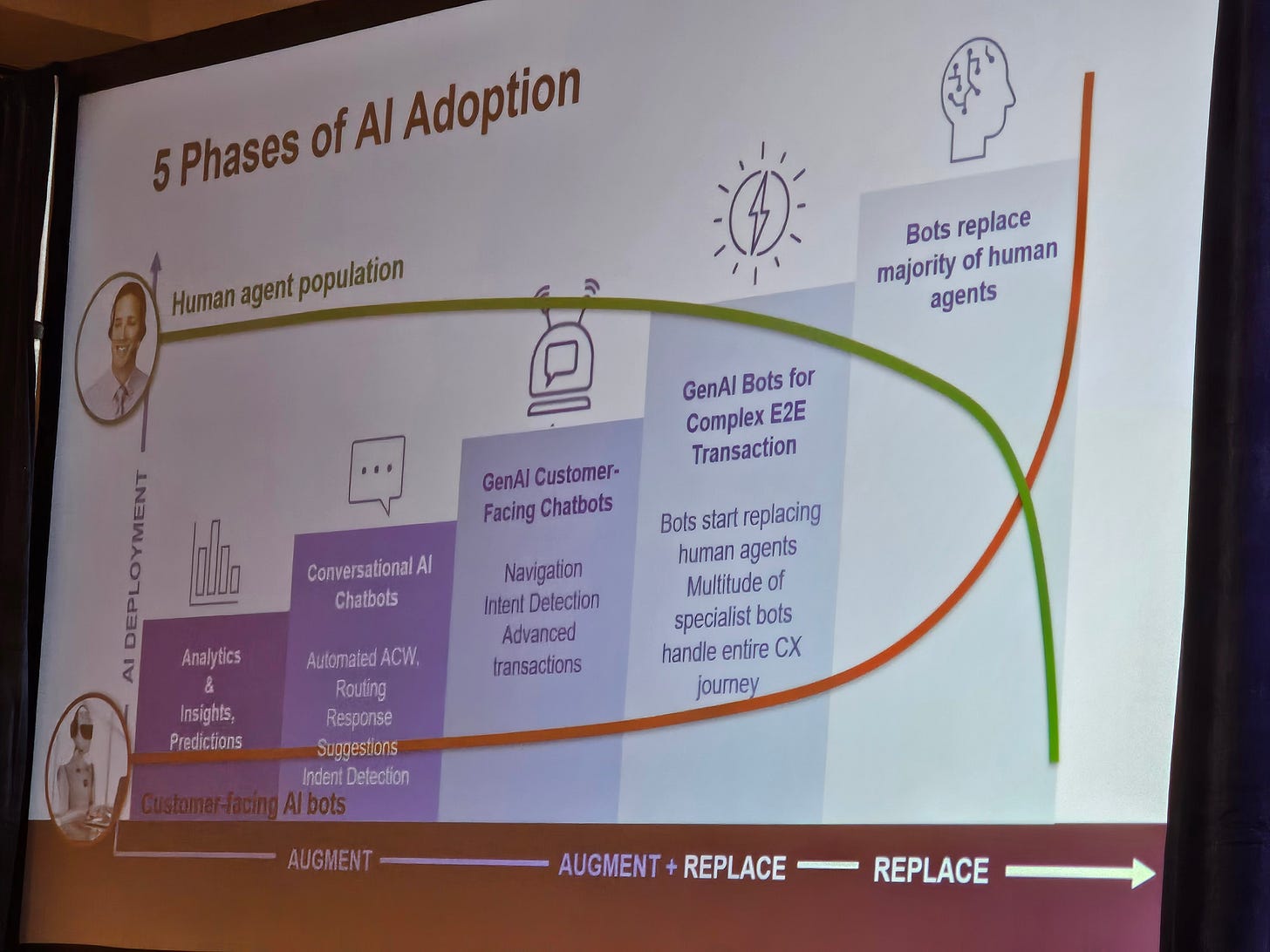Don't Be Cruel
Tennessee ratifies historic "ELVIS Act" targeting voice AI; full agenda for invitation-only Project Voice 2024 released
Project Voice 2024 has gone smaller (250 registrants) and invitation-only this year, moving to the nearby Edney Innovation Center and out of the Chattanooga Convention Center.
The main change, however, is the focus on “AI buyers,” Fortune 1000 or equivalent organizations that know they’re investing in AI within the enterprise significantly over the next 6-12 months. Over 100 organizations that did over $500M in revenue last year are registered to attend, spanning all industry verticals.
Merve Hickok, a leading AI ethicist here in the US and President of the Center for AI Digital Policy, leads off day 1 alongside Vineet Khosla (the Washington Post’s new CTO) and Hina Dixit (Partner at Microsoft’s M12 venture fund), while day 2 (half-day) begins with John Walter (President of the new Contact Center AI Association) and closes with Vanderbilt University’s presentation on how AI has enabled a fascinating initiative called the Slave Societies Digital Archive.
The full program is here (click “view event details” and then “view full agenda”).
The state of Tennessee continues its run of AI-related news by passing the ELVIS Act, otherwise known as the Ensuring Likeness Voice and Image Security Act, which criminalizes the use of AI imitating musicians and other artists without permission.
A person’s name, photo, and likeness was already protected under the law, but what makes this noteworthy is that this first-of-its-kind legislation extends that protection to someone’s voice, which now becomes the protected property of every individual.
The other noteworthy aspect of this legislation is how it is effortless it was for a specific lobby, in this case Nashville’s deep-rooted music industry, to move against the easy, polarizing target of AI. This law was unanimously approved - you should ask yourself how many laws these days at any level of US government are unanimously approved, and then the picture starts to get clearer on AI’s next hurdles to overcome.
I spent some time last month as an invited guest at Cyara Xchange out in San Diego. Cyara is a large testing/QA/QC company that has found itself in a fascinating position alongside numerous AI technologies that, we’ll say, desperately need testing/QA/QC partnership.
Rishi Rana, the company’s President (pictured below), gave an interesting presentation which included a slide on “The Five Phases of AI Adoption” which I thought was succinctly presented and worth sharing.






